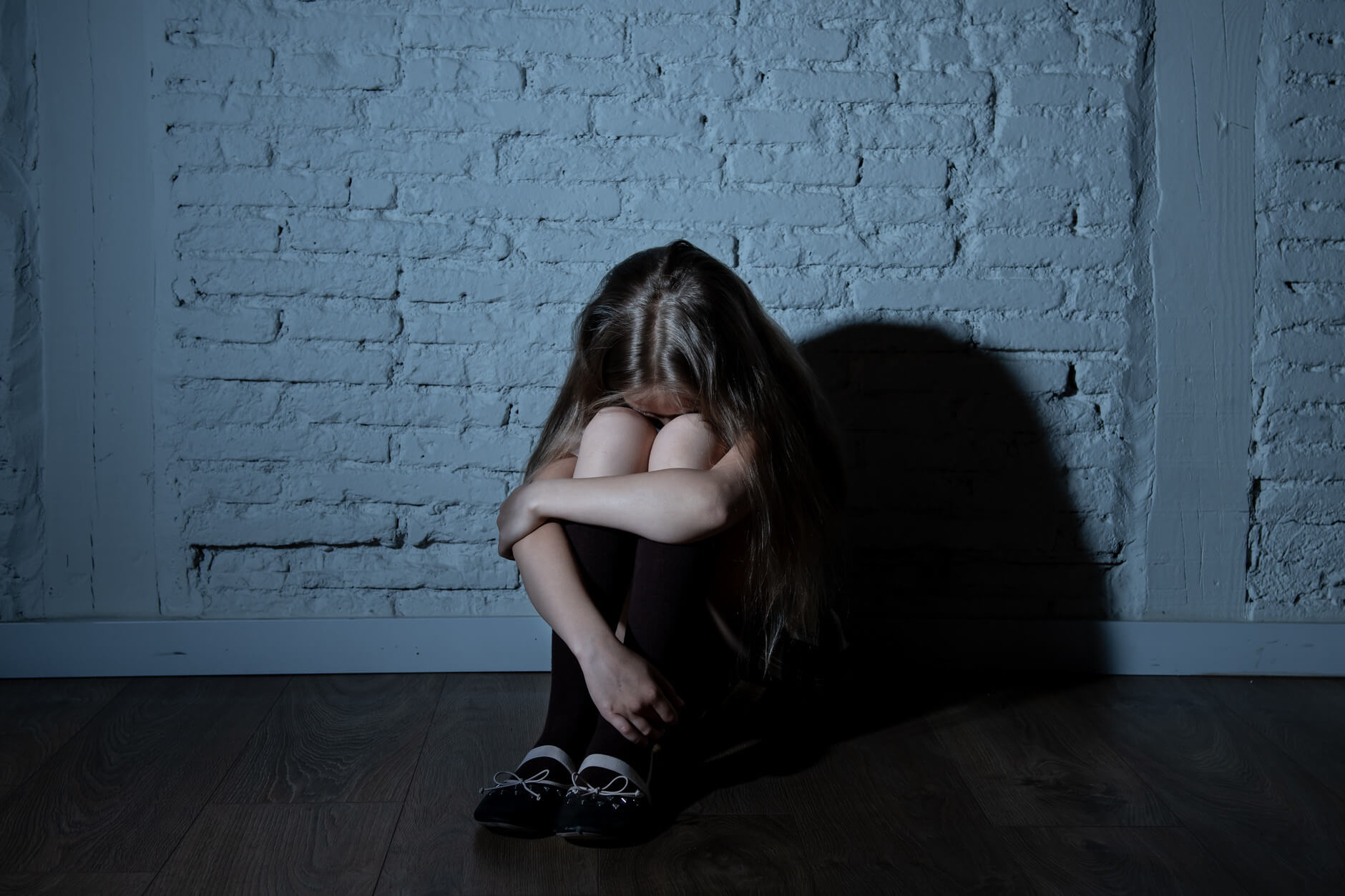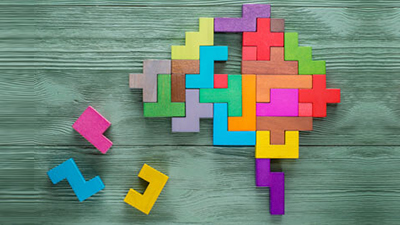Psychotic Disorders Supporting Children

Psychotic disorders are severe mental disorders that cause abnormal thinking and perceptions. In this article, Dr Gwyndaf Williams gives an overview of these disorders to assist staff in school settings.
Firstly, it is important to be clear and not to confuse the terms psychosis and psychopath. Psychosis is a short-term condition which if treated can lead to a full recovery. A person with a psychosis is more likely to harm themselves than harm others. A psychopath is someone with an antisocial personality disorder who can be violent and pose a threat to others.
In some schools in the academies sector, employers have decided to end the link between pay progression and performance management. However, even in these settings, performance management is the key means employers use to evaluate the effectiveness of teachers' and school leaders' practice and effectiveness.
People with psychoses lose touch with reality, find it hard to think clearly and make good judgements. The main symptoms are:
- Delusions – believing things that are not actually true e.g. that an individual or organisation is persecuting or trying to kill them, that they have supernatural powers;
- Hallucinations – seeing or hearing things that other people cannot see or hear, feeling touched when nobody is touching them, smelling an odour that others cannot smell or a sense of taste when there is nothing in the mouth. The combination of these symptoms, often described as a psychotic episode, can cause severe distress and changes to behaviour;
- Confused and disturbed thoughts.
Sometimes the cause of psychosis can be identified as a specific mental health condition such as:
- Bipolar disorder
- where a person may can have episodes of low mood (depression) and mania (high, elevated mood). For more information watch our video which examines bipolar disorder in fuller detail;/dd>
- Schizophrenia
- which is the most common psychotic disorder, causing behaviour changes, delusions and hallucinations that last longer than six months and affect social interaction, school and work;
- Severe depression
- where a person has a severe and persistent low mood, experiences profound sadness and / or a sense of despair. There is an elevated risk of self-harm and suicide in people who are severely depressed.
Psychosis may also be triggered by:
- Substance misuse, alcohol and drugs. Drugs known to trigger psychotic episodes include cocaine, amphetamines, methamphetamine (crystal meth), MDMA (ecstasy), cannabis, LSD, ketamine and magic mushrooms;
- Stress;
- Traumatic experience;
- Physical conditions e.g. HIV, brain injuries, tumours, strokes and brain diseases such as Parkinson's, Alzheimer's or other dementias;
- And in rare situations, as side effects or overdose of some medications.
Indicators
In the school setting, there are signs which may indicate that pupils may be experiencing psychosis such as:
- Being preoccupied with unusual ideas;
- Excessive rambling, using incorrect words or saying things that do not make sense;
- Seeing, hearing or feeling things that others cannot;
- Being distracted by mild or non-existent stimuli;
- Believing they are better than others although there is no evidence to support this;
- Feeling they are not in control of their thoughts;
- Being overly mistrustful and guarded;
- Extreme fear;
- Displaying inappropriate emotions or showing less emotion or reactions to positive or negative events;
- Significant drop in academic achievement;
- Poor hygiene and lack of self-care;
- Difficulty thinking clearly or concentrating in lessons or activities;
- Decreased lack of motivation and activity level;
- Reporting that friends and peers are mistreating them where there is no evidence of that happening;
- No desire to take part in sports or hobbies that they have previously enjoyed participating in.
Whilst some of these behaviours are typical in young people, where multiple signs occur and occur consistently it is prudent to raise concern. This will help determine if the indicators relate to usual adolescent behaviours or of more concern.
Diagnosis
There is no test to positively diagnose psychosis however, if suspected an urgent referral will be made to specialist services.
Treatment
Treatment for psychosis involves a combination of antipsychotic medicine to relieve the symptoms, psychological therapies to help recovery and reduce the need for hospital treatment and support for social needs.
Practical support
Support should always be guided and led by professional advice. This should include practical strategies such as:
- Identifying possible triggers in the school setting;
- Being able to recognise the signs of escalation;
- Ensuring that identified staff are sensitive to the situation and aware of the pupil’s care plan;
- Allowing for the pupil to have additional breaks if needed;
- Identifying safe spaces which can be readily accessed when the pupil is feeling overwhelmed to improve safety and reduce negative interactions with their peers and staff.
Want to know more about supporting mental health? Check out our Supporting Mental Health and Wellbeing training.
Dr Gwyn Williams
GP Principal










